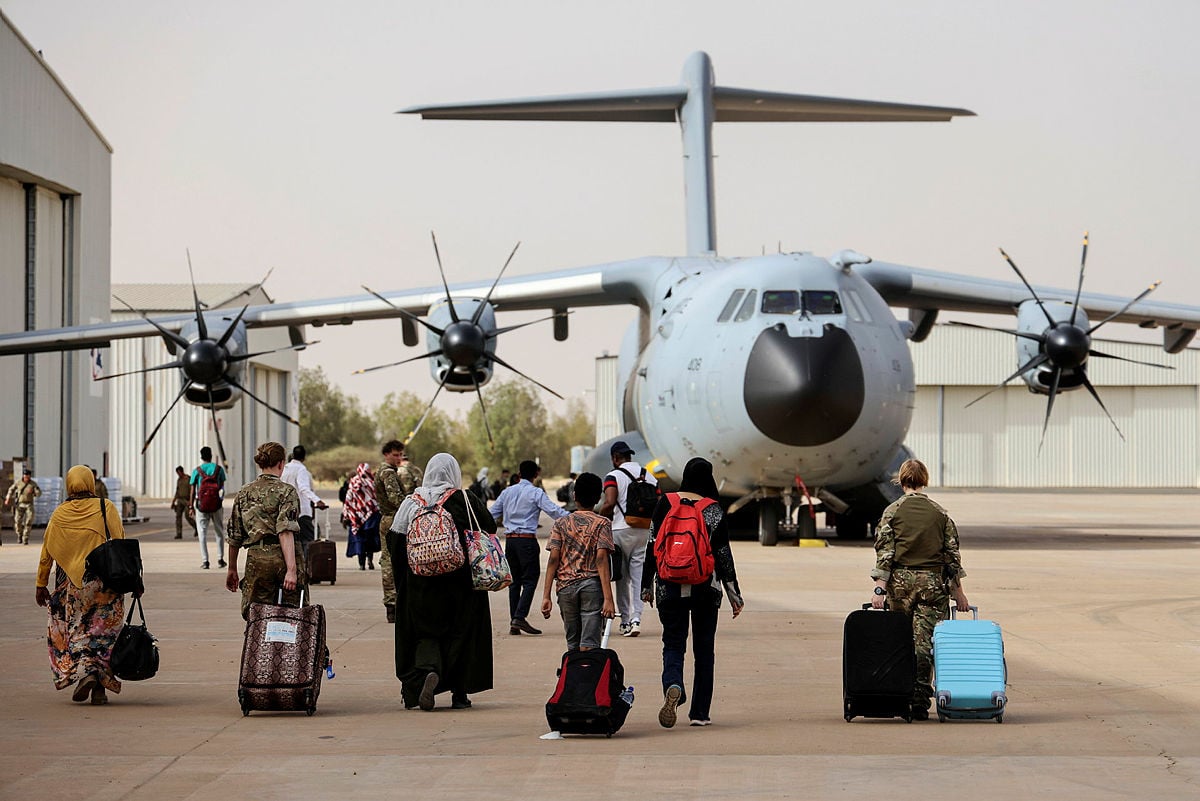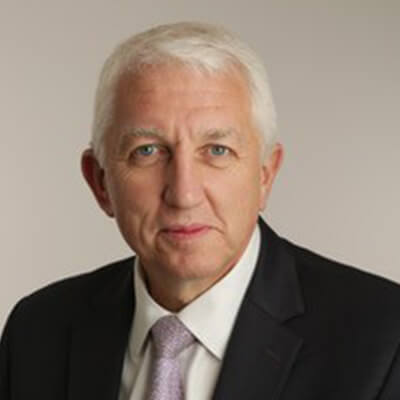
Civil capabilities
Delivering cutting-edge civil capabilities
With an absolute commitment to excellence, a passion for innovation, and a strong focus on fulfilling the unique needs of our clients, we have established ourselves as a leader in providing fully integrated defence and security solutions for disaster relief operations.

Land
With decades of experience in land-based operations, UDSS brings a wealth of expertise to tackle the complex challenges faced by our clients in the private and commercial sectors. From strategic planning to on-the-ground execution, we offer a comprehensive suite of services, including:
- Security Consultancy: Tailored risk assessments and security solutions to safeguard your assets and operations.
- Business Resilience, Logistics and Supply Chain Management: Streamlining processes to ensure seamless operations and minimise downtime.
- Training and Capability Development: Empowering your teams with the skills and knowledge they need to excel in any environment.
Sea
In the maritime sector, precision, reliability, and adaptability are paramount. UDSS leverages its maritime capabilities to provide:
- Maritime Security: Comprehensive solutions to protect assets, vessels, and personnel.
- EEZ Security: Comprehensive advice on EEZ, Contiguous Zone and Territorial Water Security.
- Maritime Education, Training and Development Equipping your teams with the Leadership, operational and wider skills to succeed.
- Maritime Situational Awareness: On increasingly contested waters how to achieve situational awareness for protection and routing.
Air
In the ever-evolving airspace, UDSS excels in delivering solutions that ensure operational excellence and safety:
- Aerospace Security: Protecting against emerging threats in the skies.
- Airfield Operations: Managing and optimising airfields to enhance efficiency and security.
- Aviation Training: Providing comprehensive training to maintain the highest standards of safety and performance.
Future Combat Air
As technology continues to shape the future of combat air operations, UDSS is at the forefront of innovation. Our services include:
- Advanced Technology Integration: Implementing cutting-edge technology solutions to stay ahead of evolving threats.
- Strategic Air Power Planning: Developing robust strategies to maintain air dominance.
- Unmanned Aerial Systems (UAS): Leveraging drone technology for surveillance, reconnaissance, and more.
Meet Our Experts
Originally Tornado aircrew, most recently he was Chief of Defence Intelligence until end 2018, responsible for the provision of strategic intelligence to Defence and Government, ISR co-ordination and counter-intelligence, as well as Defence leadership of offensive and defensive cyber. Previously, Phil commanded one of the two operational RAF Groups, and stood-up the 2.5Bn/yr Joint Forces Command (now Strategic Command) Capability Portfolio.
Duncan served as Director General Joint Force Development until 2018, responsible for ensuring the single Services can integrate on operations both with other Government Departments and internationally. This included articulating trends out to 30 years and providing individual through-career education and collective training to meet contemporary challenges. Previously he led capability development for the Royal Navy and has commanded at 1 & 2* level for NATO, EU and US led coalition operations.
Duncan served as a Royal Navy officer for 39 years. Originally a surface warfare anti-submarine officer, he commanded 3 major warships on operations, principally in the Middle East. He commanded the US led Coalition Task Group in the Northern Gulf as a Commodore and as a Rear Admiral led NATO’s High Readiness Force (Maritime) and commanded the European Union’s counter-piracy operation in the Indian Ocean at the height of the scourge of piracy. On his watch piracy was defeated. Also, as a Rear Admiral he was head of capability for the Royal Navy, Chief of Staff overseeing HQ reorganization, was an executive director on the Navy Board and was head of the surface ship fighting arm. More widely he has worked in the Ministry of Defence in resource programming and capability planning and as Military Assistant to the Vice Chief of Defence Staff. He has a strong background in Joint operations, notably as the 1* head of planning at the UK’s National Joint Operational HQ (PJHQ) and on the Joint Forces Command Board as Director General Joint Force Development and Director General of the Defence Academy of the UK. He is a graduate of The City University (Systems and Management), a fellow of The Windsor Leadership Trust and a Younger Brother of Trinity House.
He also served 4 times in the MOD. As Head of Finance and Military Capability (Navy) he was the maritime advisor to the MOD’s finance director and provided analysis on the Navy’s financial performance and where appropriate the reapportionment of resources. In 2005 he was the first senior advisor to the newly established head of the Iraqi Navy in Baghdad.
As a Rear Admiral John was the Director of the Development, Concepts and Doctrine Centre (DCDC) – the MOD’s independent strategic think tank providing impartial and objective advice to highest level policy makers in defence and across government. In addition to delivering all UK joint doctrine he oversaw the strategic trends programme (Global Strategic Trends and the Future Operating Environment) which set the long term context for policy makers.
He was then the Deputy Commandant of the Royal College of Defence Studies and in his final role before leaving the Service was the Commandant (2019-2020). RCDS is responsible for preparing the next generation of strategic military, civilian and industry leaders from the UK and 55 other nations.
His last tour was as the Head of UAS Team within Defence Equipment & Support where he was responsible for equipping and sustaining UAS operations for all UK Armed Forces whilst maximising synergies and efficiencies across the programmes.
He also had additional pan-government responsibility for developing the UK government policy and strategy for the UK UAS enterprise. Prior to this, he was on loan service to the US Department of Defense in the multi-national F-35 Joint Program Office where, as Deputy Director Logistics and Sustainment, he was instrumental in developing the global support solution for F-35. He now manages his own business consultancy helping clients with strategy development and optimising marketing opportunities.
His 28-year military career included service as ACDS (Logistic Operations) in the UK MoD and logistic command on operations from squadron to brigade level, from Bosnia to Afghanistan. He was also pivotal to many support transformation initiatives across Defence, in the land and joint domains, involving greater industry roles in delivering defence support. Since leaving the Army he has worked for large and small consultancies, advising commercial clients in a variety of sectors in strategy, critical programme management and strategic supply chain. David was the founding chairman of the Royal Logistic Corps Foundation, served as a colonel commandant of the Royal Logistic Corps for 15 years and is currently chairman of the Soldiers of Oxfordshire Museum Trust.




.jpg)
%20(1).jpg)

